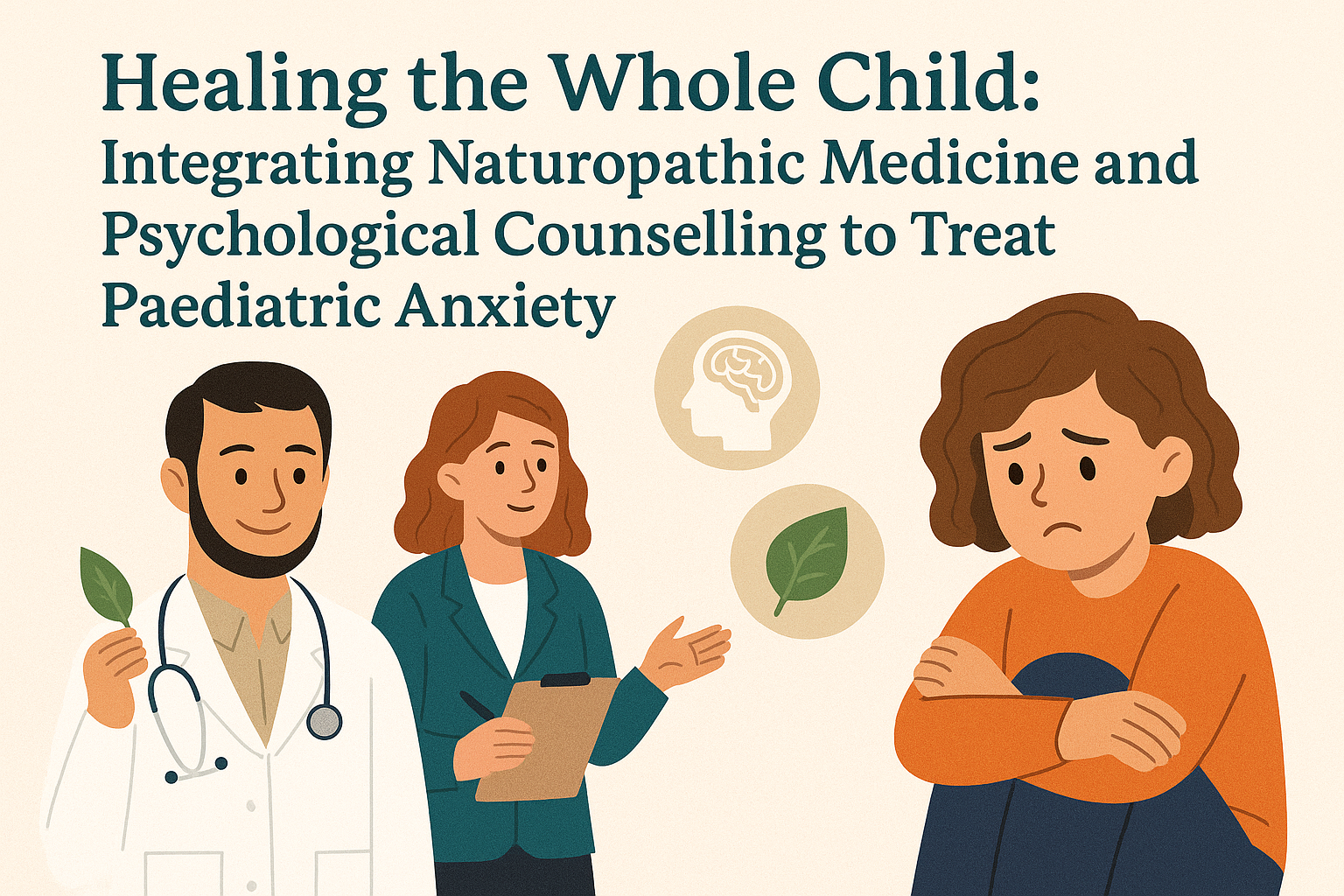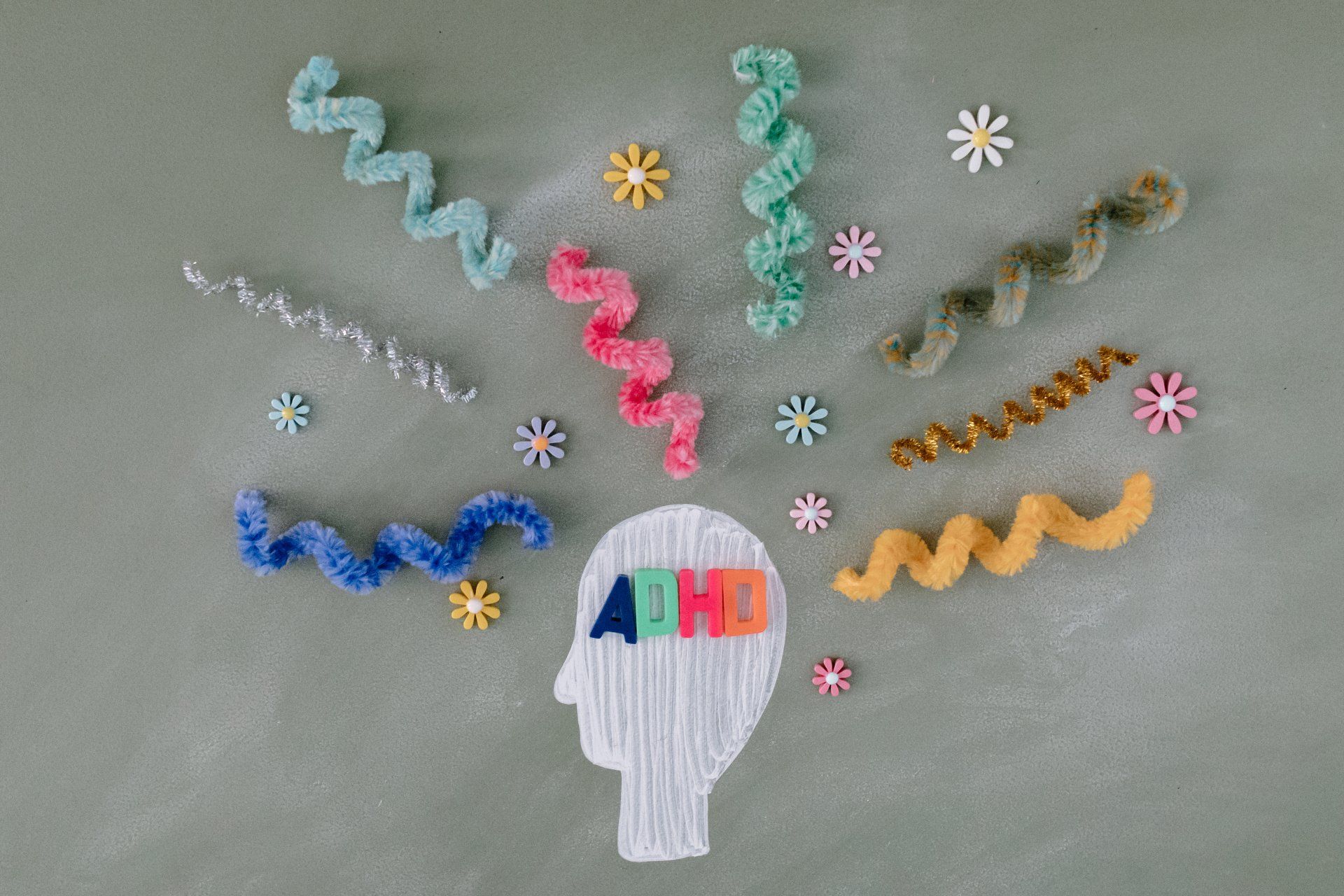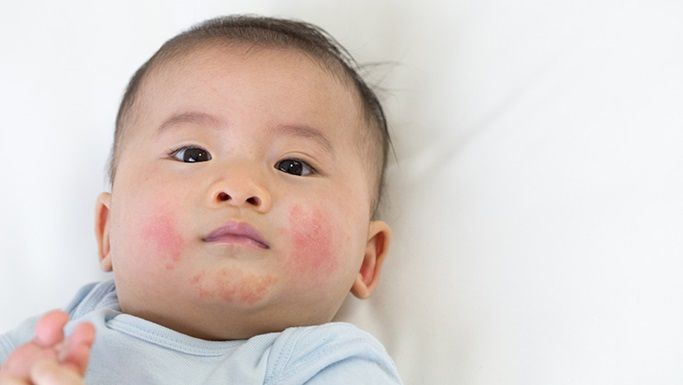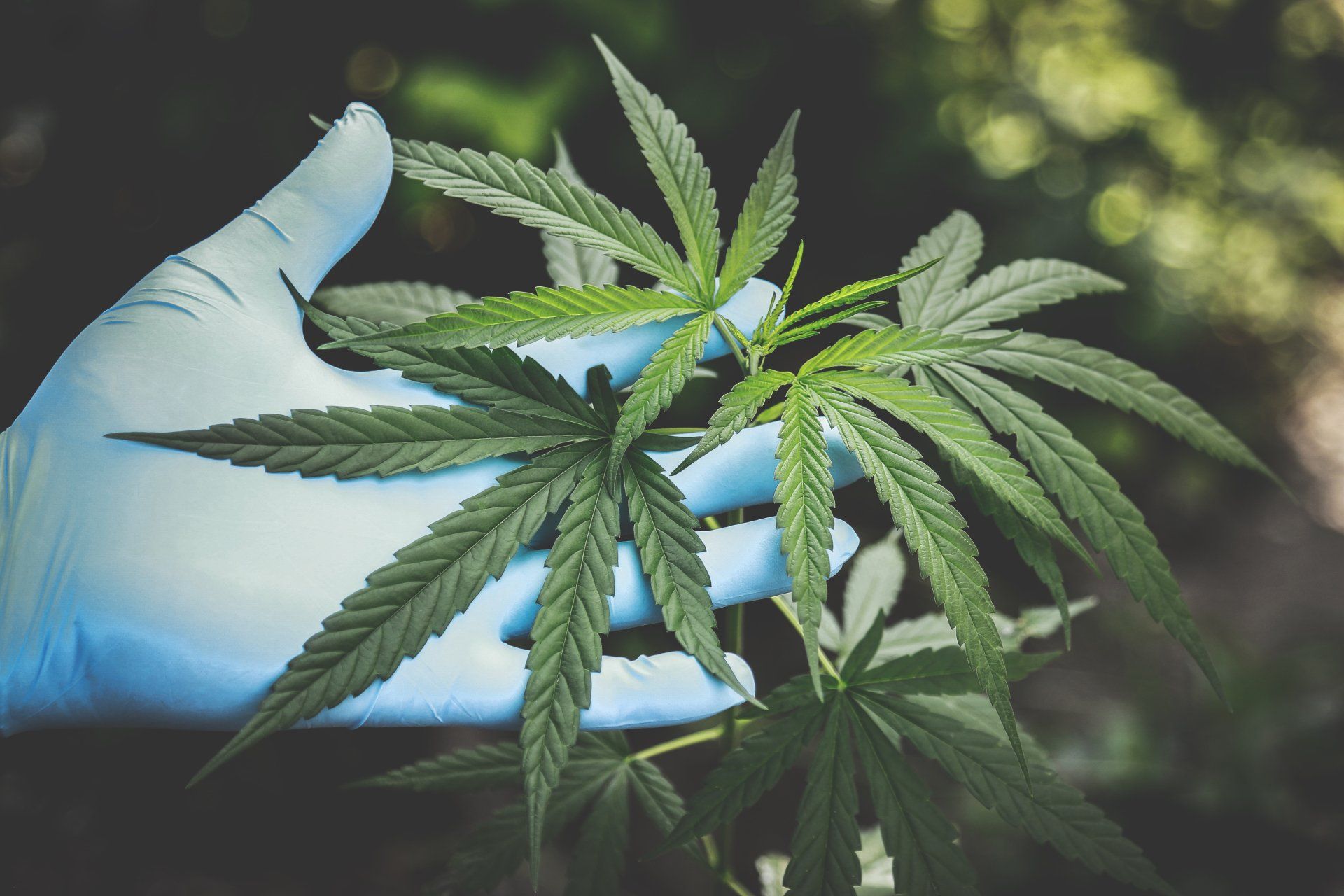Exploring CBD for Pediatric Epilepsy: A New Frontier in Treatment
Introduction
Epilepsy is one of the most common neurological disorders affecting children worldwide. For parents and medical professionals alike, finding effective treatments for refractory pediatric epilepsy can be an uphill battle. Recently, there has been growing interest in the use of cannabidiol (CBD) as a potential treatment option. This blog post will explore the latest research on CBD for pediatric epilepsy, compare it with traditional treatments like Keppra, and provide practical insights for parents and medical professionals considering this alternative approach.
Understanding Pediatric Epilepsy
Pediatric epilepsy is characterized by recurrent seizures that can disrupt a child's daily life. These seizures are caused by abnormal electrical activity in the brain. Traditional treatments often include antiepileptic drugs (AEDs), but these are not always effective for every child. In cases where seizures are resistant to conventional treatments, they are termed "refractory."
The Rise of CBD as a Treatment Option
Cannabidiol, or CBD, is a compound derived from the cannabis plant. Unlike THC, another well-known compound from the same plant, CBD does not produce a high. Instead, it has shown promise in treating various medical conditions, including epilepsy. Recent studies suggest that CBD may help reduce the frequency of seizures in children with refractory epilepsy.
How CBD Works in the Brain
CBD interacts with the body's endocannabinoid system, which plays a role in regulating neurological functions. It is believed that CBD helps modulate electrical activity in the brain, thereby reducing the likelihood of seizures. Research is ongoing, but early results are promising.
Clinical Trials on CBD for Pediatric Epilepsy
Several clinical trials have investigated the efficacy of CBD in treating pediatric epilepsy. One notable study involved administering high doses of CBD to children with Dravet syndrome, a severe form of epilepsy. The results showed a significant reduction in seizure frequency, providing hope for families dealing with this challenging condition.
The research study conducted in collaboration with the Hospital for Sick Children (SickKids) in Toronto explored the use of cannabidiol (CBD) as a treatment for pediatric epilepsy. The study aimed to determine the effectiveness and safety of CBD in reducing seizure frequency and severity in children with drug-resistant epilepsy. Researchers administered controlled doses of CBD to the pediatric participants and monitored their seizure activity, overall health, and potential side effects over a specified period. The results indicated that CBD significantly reduced the number and intensity of seizures in many participants, with a favourable safety profile and manageable side effects. This pioneering research highlights the potential of CBD as a promising alternative treatment for children suffering from epilepsy, offering hope for better management of this challenging condition.
Comparing CBD with Keppra
Keppra (levetiracetam) is a commonly prescribed antiepileptic drug. While effective for many, it does have side effects such as irritability and mood changes. In comparison, CBD is generally well-tolerated with fewer reported side effects. However, more research is needed to establish long-term safety and efficacy.
Efficacy
Keppra (Levetiracetam):
- Efficacy in Seizure Control: Keppra is widely used and approved for treating various types of seizures, including partial-onset, myoclonic, and primary generalized tonic-clonic seizures in children and adults. Clinical trials have shown it to be effective in reducing seizure frequency.
- Time to Effect: It has a relatively quick onset of action, making it a preferred choice for acute management.
High-Dose CBD:
- Efficacy in Seizure Control: High-dose CBD has shown significant promise in reducing seizure frequency and severity, particularly in drug-resistant epilepsy conditions such as Dravet syndrome and Lennox-Gastaut syndrome. Research, including studies conducted with the Hospital for Sick Children in Toronto, indicates substantial reductions in seizure frequency among pediatric patients.
- Specificity: CBD may be more effective for certain types of epilepsy that are resistant to conventional treatments.
Safety
Keppra:
- Safety Profile: Generally considered safe, but safety can vary depending on the individual. It is commonly used in both pediatric and adult populations.
- Monitoring: Routine monitoring of kidney function and blood counts is recommended because it can affect these parameters.
High-Dose CBD:
- Safety Profile: Research suggests that high-dose CBD is generally well-tolerated in children with epilepsy. However, long-term safety data is still being gathered.
- Regulation and Standardization: As a newer treatment, the regulation and standardization of CBD products can vary, affecting consistency and safety.
Side Effect Profile
Keppra:
- Common Side Effects: Drowsiness, fatigue, dizziness, irritability, and behavioural changes such as aggression or mood swings are frequently reported.
- Severe Side Effects: In rare cases, it can cause severe allergic reactions, psychosis, or suicidal thoughts.
High-Dose CBD:
- Common Side Effects: Diarrhea, reduced appetite, sleepiness, and fatigue are the most commonly reported side effects. Some studies have also noted increases in liver enzymes, necessitating regular liver function tests.
- Drug Interactions: CBD can interact with other medications metabolized by the liver, which requires careful management and monitoring.
Practical Insights for Parents
Parents considering CBD for their child's epilepsy should consult with a medical professional. Dosage and administration methods can vary, and it is crucial to ensure that the CBD product is high-quality and free from contaminants. Additionally, keep in mind that while CBD may offer benefits, it is not a cure-all and should be part of a comprehensive treatment plan.
The Role of Medical Professionals
Medical professionals play a critical role in guiding families through the decision-making process. It is important to stay informed about the latest research and to discuss potential benefits and risks with patients. Collaboration with neurologists and other specialists can provide a holistic approach to treatment.
Legal and Regulatory Considerations
The legal status of CBD varies by region and country. In some places, CBD is readily available, while in others, it may be restricted. Parents and medical professionals should be aware of local laws and regulations to ensure compliance.
Community and Support Networks
Joining support groups and online communities can provide valuable insights and emotional support for families dealing with pediatric epilepsy. Sharing experiences and learning from others who have tried CBD can be empowering.
Future Directions in Research
The field of CBD research is rapidly evolving. Ongoing studies are exploring optimal dosages, long-term effects, and the mechanisms by which CBD reduces seizures. Future research will likely provide more definitive answers and potentially broaden the use of CBD in pediatric epilepsy treatment.
Addressing Common Misconceptions
There are several misconceptions about CBD, particularly its association with recreational cannabis use. It is important to distinguish between the therapeutic use of CBD and other forms of cannabis. Educating the public can help reduce stigma and promote acceptance of CBD as a legitimate treatment option.
Conclusion
The potential of CBD as a treatment for pediatric epilepsy is a topic of great interest and hope. While more research is needed, the initial findings are encouraging. Parents and medical professionals should work together to explore all available options, including CBD, to provide the best possible care for children with epilepsy. For those interested in learning more, consider booking a consultation with a specialist in CBD treatments to discuss tailored options for your child's needs.
For more information or to book an appointment click here









